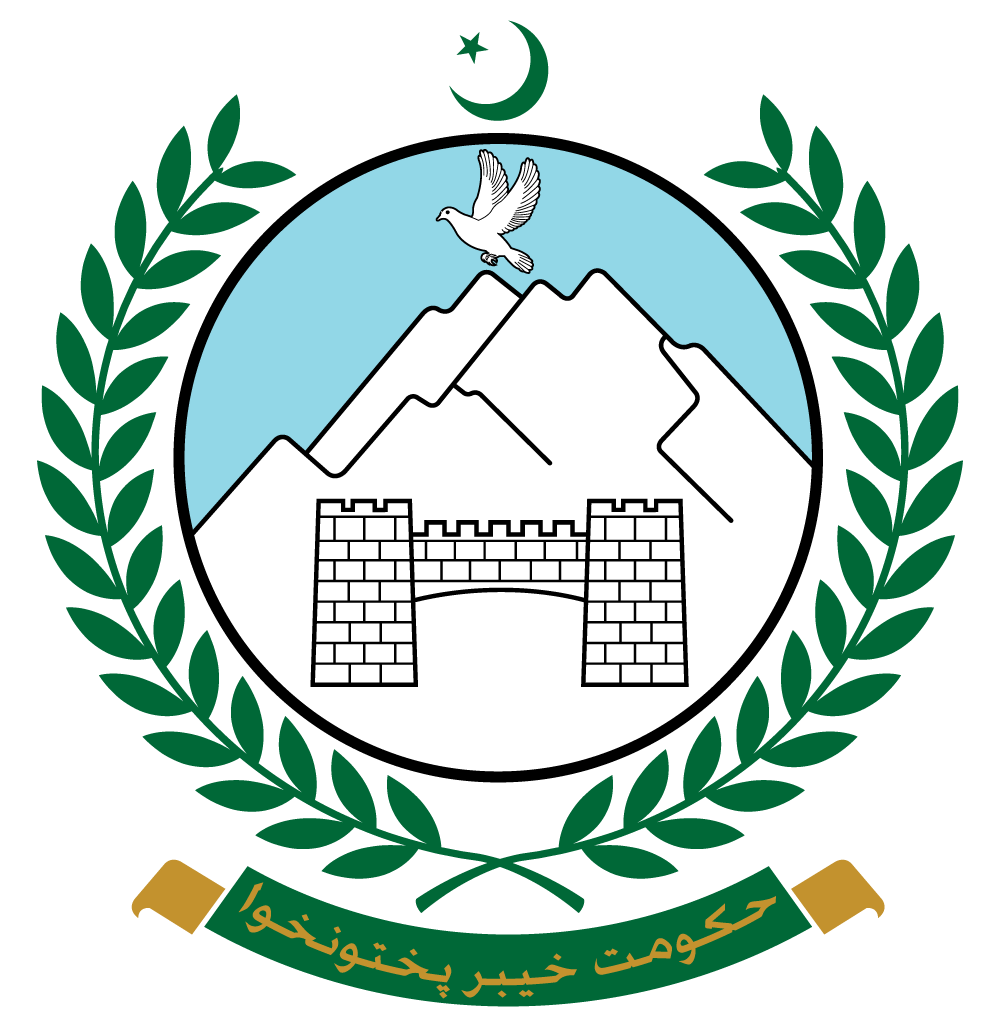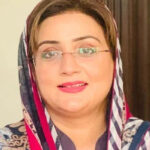By Fakhar Alam
PESHAWAR, May 28 (APP): Besides other socioeconomic factors, rapid population growth has also exerted extraordinary pressure on government colleges and universities in the country, including Khyber Pakthunkhwa, where many students were deprived of admissions due to the limited number of seats.
As the country’s population swelled to record 233.257 million this year, there was a need to increase public sector universities and colleges as around 218 public sector universities, including 33 in Khyber Pakthunkhwa with 35.53milllion population, were currently operating to accommodate youth representing 64 percent of Pakistan’s total population.
The spokesman of Khyber Pakthunkhwa’s Education Management Information System (KPEMIS) told APP that around 221,550 students apply for admission in colleges for intermediate every year in the province and their enrollment was a big challenge due to the limited number of seats, shortage of infrastructure and faculty members.
Citing Pakistan Economic Survey 2021-22 report, the spokesman said that only 4.5 million students were enrolled in secondary education (Grade 9-10), and 2.5 million in higher-secondary education (Grade 11-12) during 2020-21 in the country.
As many as only 14.4 million students were admitted in pre-primary education, 25.7 million in primary education (grades 1-5) and 8.3 million in middle education (Grade 6-8).
He said approximately 500,000 students were enrolled in technical and vocational education, 760,000 in degree-awarding colleges, and 1.96 million students in public sector universities in 2020-21.
He said lack of colleges and universities, poverty and socioeconomic imbalances had resulted in an increase in students drop out ratio in Khyber Pakthunkhwa where about 11.7 million children aged 5-16 years including one million in erstwhile Fata were out of education net.
“Many low grade students are unable to get admission in public sector colleges and universities after metric due to limited number of seats, resulting an increase in illiteracy and unemployment in the society,” said former chairman Economics Department, University of Peshawar, Zalakat Malik while talking to APP.
He said the population growth had adversely affected the quality of education and undermined merit. Zilakat Malik said the experience of the second shift, self-finance scheme and distance learning programs in public sector universities and colleges started by the PTI government in haste had badly failed.
He said, “we need not only quality universities in all districts of Khyber Pakthunkhwa but also require strengthening of existing ones in terms of equipment and faculty besides addressing their financial issues.”
Ikhtair Wali Khan, PMLN KP spokesman said that PTI’s uniform education policy experience was exposed before masses in Khyber Pakthunkhwa. Despite 9 years long rule in KP, he said the PTI government had failed to introduce the promised reforms in education, health, police, judiciary, administration, criminal justice system and taxation.
He said the PTI government’s artificial measures, empty promises, U-turns, mere slogans and rhetoric of Imran Khan had marred education and today almost all public sector universities were facing the brunt of poor economic and financial issues.
He claimed that the PTI government had failed to construct any public sector university in merged areas that resulted in an increase of illiteracy and unemployment there.
To fulfill students’ demands, Ikhlaq Ahmed, Chief Education told APP that the first ever Fata University at Dara Adamkhel near Kohat on 460 kanal land was established.
Classes from first year to PhD level were started in Fata university with 50pc subsidy on fees to all tribal students enrolled in eight different disciplines, he added.
He said MA/MSc classes were commenced in all government postgraduate colleges of the province to reduce the students’ load on public sector universities.
Special Secretary, Higher Education Department, Zainullah Shah said that Cadet College at Wana in South Waziristan and Mohmand Cadet College in Mohmand were also completed where admission of students began.
One library each was also being established at Khyber, Mohmand, Bajaur, Kurram, Orakzai, North Waziristan and South Waziristan for students of higher education.
As many as 10 new degree colleges were completed in merged areas raising its total number to 55, he said, adding 300 new lecturers and subject specialists were also recruited for 45 colleges.
Work on solarization of colleges costing around Rs1.6 billion was launched and Rs1.399 billion were earmarked to provide 5,500 internships to tribal students, he concluded.
He said that buses were also provided to universities and colleges to facilitate girls’ students and faculty members.
Similarly, over Rs40 billion were disbursed on the account of scholarship under Benazir Income Support Program since its inception, adding Rs1500 stipend per quarter was being provided to each boy student and Rs2000 to each girl student at primary level, Rs 2500 for boy and Rs3000 for a girl of secondary schools and Rs 3500 to boy and Rs4000 to higher secondary school/colleges to promote higher education.
Despite all these measures, there was still a lot to be done to promote the education sector in the country, particularly in Khyber Pakhtunkhwa where people were ambitious to get their children educated. Similarly, the existing universities in KP were also needed to be upgraded so that the local student did not need to migrate to other cities of the country in search of better education facilities.






